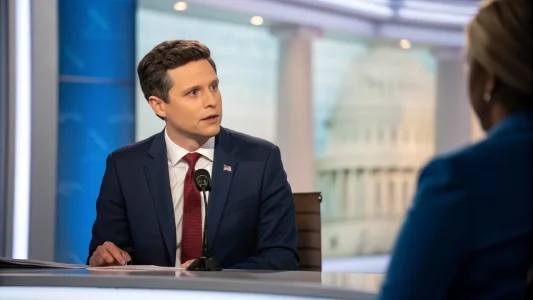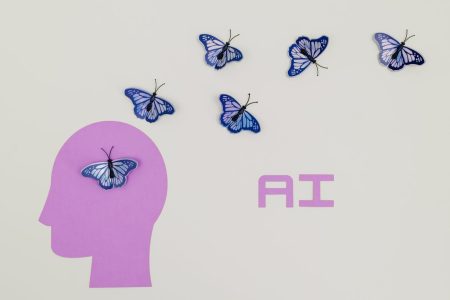The decision of a U.S. federal court saw the permanent banning of two Dallas-area physicians after they were found complicit in the illegal distribution and prescription of controlled substances.
Cesar B. Pena Rodriguez, M.D., and Leovares A. Mendez, M.D., were the subject of a civil complaint filed in the Northern District of Texas in 2019. The complaint alleged that the two physicians violated the Controlled Substances Act (CSA).
The Drug Enforcement Administration (DEA) conducted a lengthy investigation, and Assistant U.S. Attorney Sarah Delaney prosecuted the case for the Northern District of Texas and Trial Attorney Scott B. Dahlquist of the Civil Division’s Consumer Protection Branch.
“Prescribing opioids for no legitimate purpose betrays the trust placed in our medical professionals and significantly threatens the communities they serve,” said Principal Deputy Assistant Attorney General Brian Boynton, head of the Justice Department’s Civil Division.
Two physicians hit with $1.2 million in civil penalties
The decision handed out was informed by the 2019 civil complaint, which resulted in the civil penalty and the decision on both physicians to cease practicing, specifically the prescriptions of controlled substances.
It was alleged in the complaint that both Peña-Rodríguez and Mendez issued thousands of prescriptions for “opioid, a short-acting benzodiazepine, and a muscle relaxer — a dangerous and frequently-abused drug cocktail known as the “trinity.” In an order filed Oct. 8, the court imposed a $291,451 civil penalty judgment against Mendez in addition to a $914,021 civil penalty judgment against Pena Rodriguez entered earlier this year.”
“Peña-Rodríguez and Mendez were distributing deadly controlled substances mix known as the ‘trinity’ outside the course of a legitimate medical need, simply to get rich,” said Special Agent in Charge Eduardo A. Chávez of the Drug Enforcement Administration (DEA) Dallas.
The pair are now banned from “prescribing, dispensing, administering or distributing controlled substances,” according to the report. They can no longer hold a license or own a medical dispensary or facility that dispenses medication.
“Doctors are charged with protecting and healing us when we are sick and vulnerable. Instead of healing vulnerable members of our community, these doctors sought to profit off of their addictions,” said U.S. Attorney Leigha Simonton for the Northern District of Texas.
Image: Pexels.















